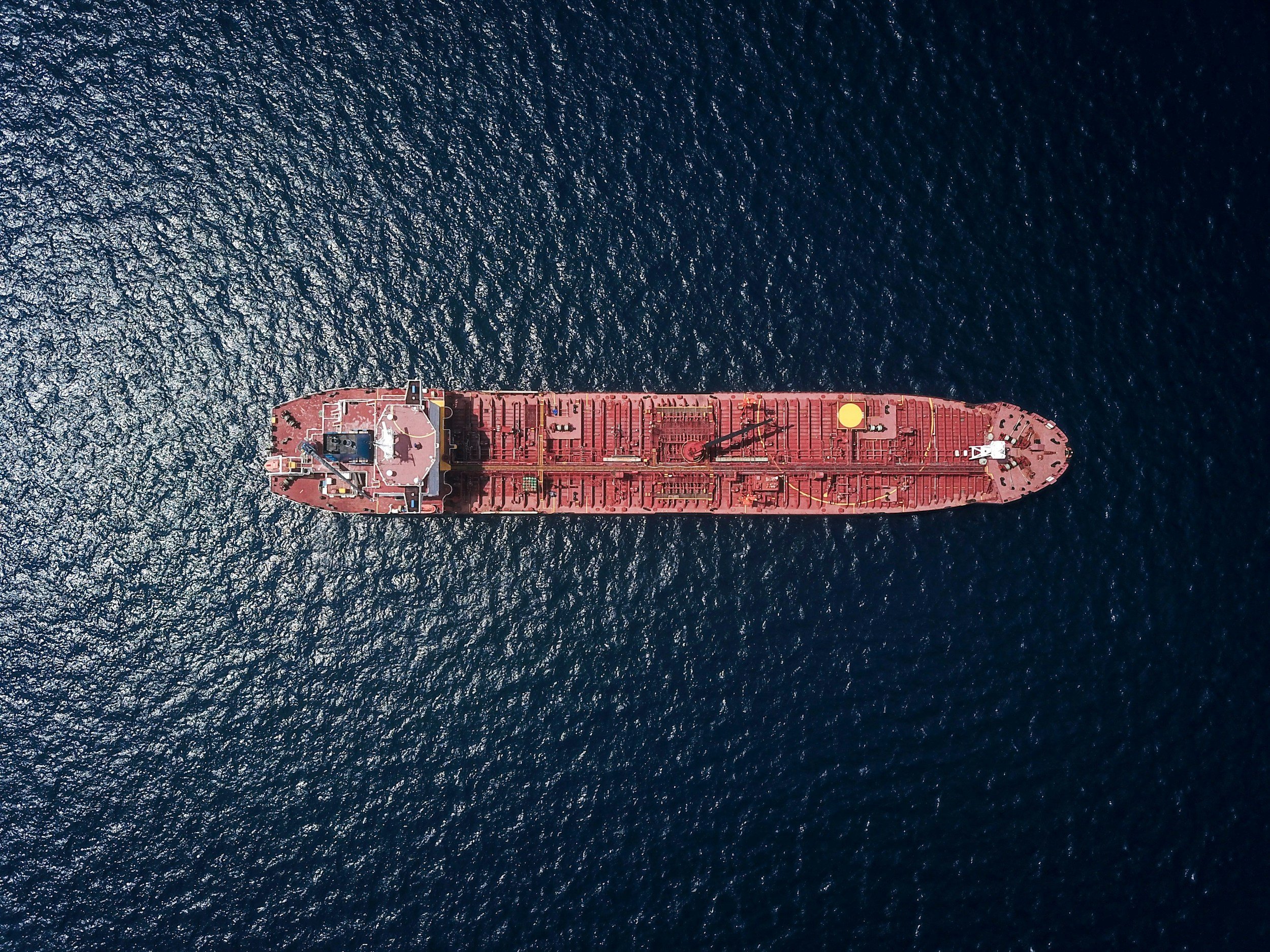
Nuclear Energy in the Maritime Sector and the Role of Greece
Research Overview
The global shipping industry stands at a crossroads. With mounting regulatory pressure to decarbonize and ambitious net-zero targets set by the International Maritime Organization (IMO) for 2050, nuclear energy is re-emerging as a viable propulsion alternative.
Greece, as a global maritime leader, has a unique opportunity to shape this transition and pioneer the integration of nuclear technologies into commercial shipping.
This white paper is the result of a months-long effort led by the Deon Policy Institute, which convened a team of maritime professionals, nuclear engineers, regulatory experts, and geopolitical analysts. Together, they produced a rigorous, forward-looking roadmap based on historical research, technological benchmarking, regulatory review, and scenario modeling. The paper draws on developments across the U.S., Europe, Russia, Korea, and China; profiles key industry players such as Maersk, Lloyd’s Register, Seaborg, and Core Power; and assesses the shifting geopolitical and economic forces that are reshaping the global shipbuilding value chain.
The paper focuses on two breakthrough applications of nuclear energy in maritime contexts:
1. Floating Nuclear Power Plants (FNPPs)
Floating Nuclear Power Plants can act as mobile, high-efficiency energy hubs. The paper outlines specific use cases:
Port electrification, remote area power generation, or rapid emergency power restoration in disaster-affected areas
Hydrogen, ammonia, and methanol production via clean energy inputs
Power supply for desalination plants and industrial data centers
Support for offshore oil and gas extraction where grid access is limited
2. Nuclear Propulsion in Commercial Ships
For ocean-going vessels with high energy demands, nuclear propulsion offers transformative benefits:
Higher cruising speeds without increased fuel costs—enabling more annual voyages (e.g., from 10–12 to 15–17 per year for large container ships)
Greater cargo capacity thanks to the elimination of bulky fuel tanks and diesel engines
Reduced need for refueling, with reactors running for up to 20 years without refueling
Zero-carbon emissions, which makes compliance with international climate regulations seamless and cost-effective
Why Now?
Technological readiness has advanced significantly. While pressurized water reactors (PWRs) have decades of safe operation in naval contexts, newer designs such as molten salt reactors and lead-cooled fast reactors promise even greater efficiency, safety, and autonomy—making them suitable for large-scale commercial deployment.
Commercial viability is within reach. Though initial capital costs are high, long-term fuel savings make the economics attractive—especially for Ultra Large Crude Carriers (ULCCs) and Ultra Large Container Vessels (ULCVs), excluding the potential impact of carbon pricing, which increases the attractiveness of nuclear energy as an option for nuclear proportion even further.
What’s Next?
A key focus of the paper is the evolving regulatory framework. Nuclear-powered ships currently face a fragmented and outdated patchwork of standards. However, momentum is building:
The IMO has initiated discussions to modernize its nuclear safety code (A.491[XII])
The IAEA is leading efforts to develop technical guidelines (ATLAS program)
Flag states and classification societies such as ABS are releasing guidance on nuclear maritime applications
In parallel, the report emphasizes the urgent need for workforce development—including training naval architects, engineers, port operators, and safety inspectors capable of supporting this emerging sector.
Greece’s Strategic Role
As the world’s largest shipowning nation, Greece has both the scale and the incentive to lead. Embracing nuclear maritime technologies could deliver wide-ranging economic benefits:
Revitalization of Greek shipyards, with the potential to integrate into the global nuclear supply chain
Increased port competitiveness, as nuclear-ready infrastructure can serve next-generation vessels
Job creation across sectors, from engineering and shipbuilding to regulation and nuclear oversight
Influence in international policymaking, particularly within the IMO and European Commission
Greece can lead the maritime world into a cleaner, safer, and more competitive future.
The Report
Interested in learning more about our work in nuclear energy for Greece?
The Impact of our Research
The journey to introduce nuclear energy in the shipping sector is long but leaders in the industry are already taking steps towards making this vision a reality. For example:
The head of the International Atomic Energy Agency, Rafael Mariano Grossi, met with Greek shipowners on May 29th to discuss the potential use of nuclear power in future global goods transportation.
Ariel Levite, Senior Fellow at the Carnegie Endowment for International Peace, during the 10th annual Delphi Economic Forum said that nuclear energy will most likely come to Greece via its shipping industry.
Greek Prime Minister Kyriakos Mitsotakis, mentioned remarked during the Financial Times and Kathimerini Energy Transition Summit “we must [...] examine to what extent nuclear technology is an option for shipping within a 10–15 year horizon.”

White Paper Authors
Nuclear Physicist & President of Deon Policy Institute
Nuclear Engineer, Core Power
Manager, Global Ship Systems Center, American Bureau of Shipping
Professor of Strategy, University of Piraeus
Research Coordinator
Executive Director of Deon Policy Institute






